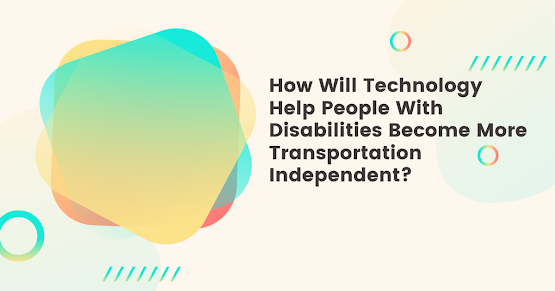which career combines dna technology and medicine?
In today's rapidly evolving world, the fields of DNA technology and medicine are advancing at an unprecedented pace. The fusion of these two domains offers promising career opportunities for those passionate about pioneering breakthroughs in healthcare. This article delves into the realm of careers that seamlessly blend DNA technology and medicine, shedding light on the diverse paths individuals can pursue in this exciting intersection.
1. Understanding the Synergy: DNA Technology and Medicine In recent years, the integration of DNA technology into medical practices has revolutionized the diagnosis, treatment, and prevention of diseases. From precision medicine to genetic counseling, the synergy between DNA technology and medicine has opened up new frontiers in healthcare. Professionals working at this intersection leverage cutting-edge techniques such as genome sequencing, gene editing, and molecular diagnostics to personalize patient care and drive advancements in medical research.
2. Career Paths in DNA Technology and Medicine a. Genetic Counselor: Genetic counselors play a crucial role in bridging the gap between patients and complex genetic information. They assess individuals' risk of inherited conditions, provide supportive counseling, and facilitate informed decision-making regarding genetic testing and treatment options.
b. Bioinformatician: As vast amounts of genomic data become available, bioinformaticians analyze and interpret this information to extract meaningful insights. They develop algorithms, computational models, and software tools to unravel the complexities of DNA sequences, aiding in disease diagnosis, drug discovery, and personalized medicine.
c. Clinical Geneticist: Clinical geneticists specialize in diagnosing and managing genetic disorders. They work closely with patients, conducting thorough evaluations, ordering genetic tests, and devising personalized treatment plans. Additionally, they contribute to research efforts aimed at elucidating the genetic basis of diseases and developing innovative therapies.
d. Biomedical Engineer: Biomedical engineers design and develop medical devices, instruments, and technologies tailored to the specific needs of genetic medicine. They innovate solutions for gene sequencing, molecular imaging, and gene therapy delivery systems, driving advancements that enhance patient care and clinical outcomes.
3. Educational and Training Requirements Embarking on a career at the intersection of DNA technology and medicine typically requires a solid educational foundation in relevant disciplines. Individuals may pursue undergraduate degrees in biology, genetics, bioinformatics, or biomedical engineering, followed by specialized graduate or professional programs such as genetic counseling, medical genetics, or biomedical informatics. Continuous learning and staying abreast of emerging technologies are essential to thrive in this dynamic field.
4. Future Outlook and Opportunities As advancements in DNA technology continue to accelerate, the demand for skilled professionals who can harness these innovations in healthcare will soar. From unlocking the mysteries of rare diseases to tailoring treatments based on individuals' genetic makeup, the potential applications are vast and transformative. Moreover, interdisciplinary collaborations between geneticists, clinicians, engineers, and data scientists will drive multidisciplinary approaches to address complex medical challenges, paving the way for groundbreaking discoveries and improved patient outcomes.
5. Conclusion In conclusion, the convergence of DNA technology and medicine represents a promising frontier for those seeking rewarding careers at the intersection of science and healthcare. Whether one aspires to become a genetic counselor guiding patients through genetic testing decisions or a biomedical engineer designing next-generation medical devices, the opportunities abound for professionals passionate about making a difference in the lives of patients and advancing the boundaries of medical science. As we journey into the future, embracing the synergies between DNA technology and medicine will continue to shape the landscape of healthcare, offering endless possibilities for innovation and discovery



No comments: